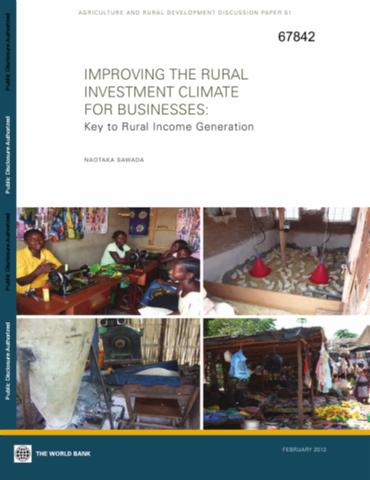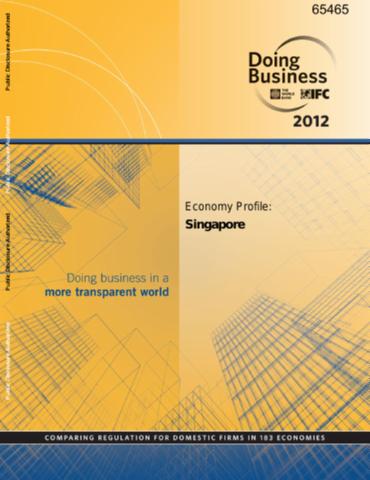General Equilibrium Effects of Land Market Restrictions on Labor Market : Evidence from Wages in Sri Lanka
Taking advantage of a historical quasi-experiment in Sri Lanka, this paper provides evidence on the effects of land market restrictions on wages and its spatial pattern. The empirical specification is derived from a general equilibrium model that predicts that the adverse effects of land market restrictions on wages will be less in remote locations. For identification, the study exploits the effects of historical malaria prevalence on the incidence of land restrictions through its effects on "crown land".









